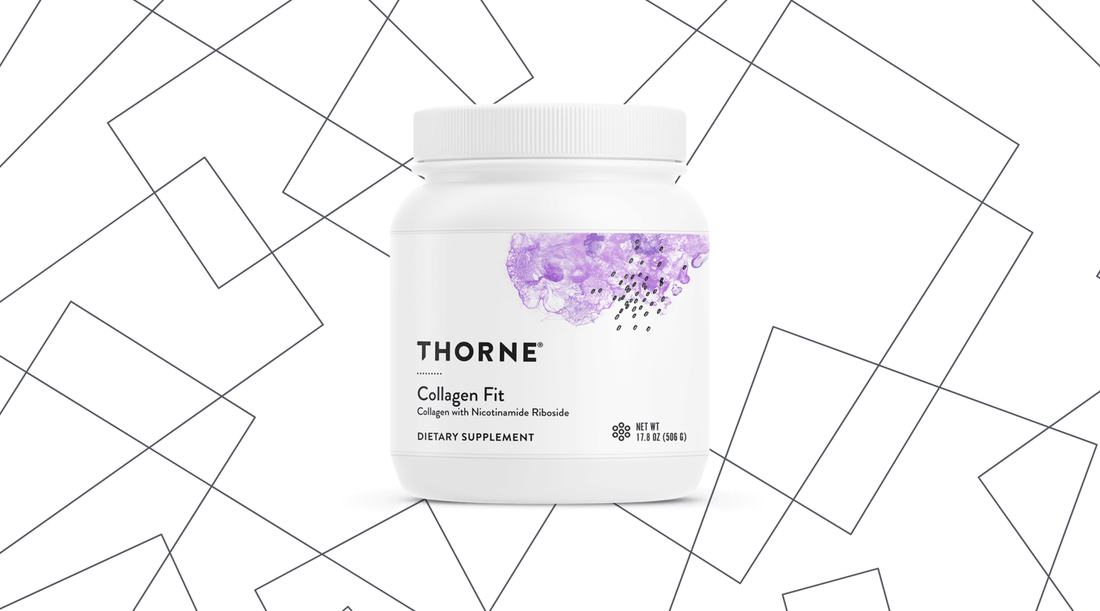Soft tissue injuries, encompassing damage to muscles, tendons, and ligaments, are frustratingly common, whether from sports, accidents, or overuse. Surgery often adds another layer to the healing journey. While activity modification, physical therapy, and proper nutrition are cornerstones of rehabilitation, emerging research suggests that collagen supplementation can play a significant role in optimizing recovery and regaining strength.
How Collagen Supports Soft Tissue Healing:
Collagen is the primary structural protein in tendons, ligaments, and muscles. It provides tensile strength and elasticity, allowing these tissues to withstand forces and function properly. When these tissues are injured, collagen fibers are disrupted, leading to pain, inflammation, and impaired mobility.
Here's how collagen supplementation can assist in the rehabilitation process:
- Enhanced Collagen Synthesis: Supplementing with collagen provides the building blocks needed for the body to repair and regenerate damaged tissues. It essentially "feeds" the fibroblasts, the cells responsible for collagen production.
- Reduced Inflammation: Collagen peptides may help modulate the inflammatory response, minimizing pain and swelling associated with the injury. This can create a more conducive environment for healing.
- Improved Tendon and Ligament Strength: Studies suggest that collagen supplementation can enhance the mechanical properties of tendons and ligaments, making them more resilient and less prone to re-injury.
- Accelerated Muscle Recovery: Collagen is crucial for muscle repair and growth. Supplementing with collagen can help speed up muscle recovery after injury or surgery, restoring strength and function.
Evidence-Based Benefits:
- Tendon Injuries: A study in the American Journal of Sports Medicine found that collagen supplementation improved tendon stiffness and reduced pain in athletes with Achilles tendinopathy.
- Ligament Injuries: Research indicates that collagen supplementation may support ligament healing after anterior cruciate ligament (ACL) reconstruction, a common knee injury.
- Post-Surgical Recovery: Studies suggest that collagen can help reduce pain and improve functional outcomes after surgical procedures involving soft tissues.
Collagen Types for Soft Tissue Repair:
- Type I: The most abundant type, found in skin, tendons, ligaments, and bone. Beneficial for overall tissue repair and strength.
- Type II: Primarily found in cartilage. May be helpful for injuries involving joints and cartilage.
- Type III: Often found alongside type I, supporting tissue elasticity and regeneration.
Incorporating Collagen into Your Rehabilitation Plan:
- Consult Your Healthcare Provider: It's essential to discuss collagen supplementation with your doctor or physical therapist, especially if you're recovering from surgery or have any underlying health conditions.
- Dosage and Timing: The optimal dosage and timing of collagen supplementation may vary depending on the specific injury and individual needs. Your healthcare provider can guide you on this.
- Combine with a Balanced Diet: Ensure you're consuming a nutrient-rich diet that supports overall healing and collagen production. Include foods rich in vitamin C, zinc, and protein.
- Be Patient and Consistent: Collagen supplementation is not a quick fix. It takes time for the body to rebuild and repair tissues. Consistency with supplementation and adherence to your rehabilitation plan are key for optimal results.
Beyond Rehabilitation:
Collagen supplementation can also be beneficial for preventing future injuries by strengthening soft tissues and improving their resilience. This is particularly important for athletes and individuals engaged in physically demanding activities.
In Conclusion:
Collagen supplementation offers a valuable tool for enhancing soft tissue injury rehabilitation and optimizing recovery. By providing the building blocks for tissue repair, reducing inflammation, and improving strength, collagen can help you regain function, reduce pain, and get back to doing what you love.

